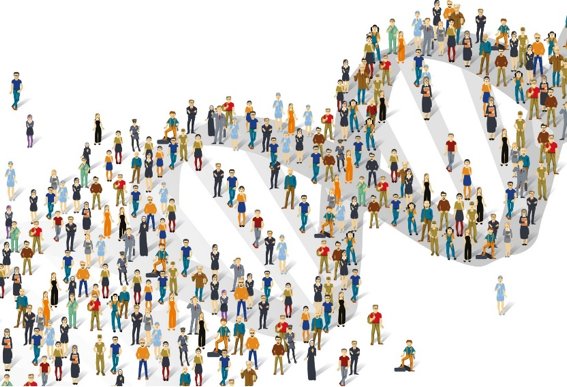
The technology could have multiple applications, from identifying victims in a mass disaster to analyzing crime scenes.

Investigators have discovered dozens of new genetic variations associated with a person's general cognitive ability. While profiling cognitive ability, researchers also discovered a genetic overlap with longevity.

US scientists have edited the DNA inside of a patient’s body, in an attempt to cure a genetic disorder by permanently changing the human genome. The news represents a major landmark in science.

An experimental gene therapy for a rare skin disease sheds light on the cellular mechanisms that help healthy skin continuously regenerate.

E-cigarettes appear to trigger unique immune responses as well as the same ones that cigarettes trigger that can lead to lung disease, according to a new research.

Genes which determine animal complexity -- or what makes humans so much more complex than a fruit fly or a sea urchin -- have been identified for the first time.

A new study has uncovered millions of previously unknown genes from microbial communities in the human gut, skin, mouth, and vaginal microbiome, allowing for new insights into the role these microbes play in human health and disease.

German researchers have made a breakthrough in understanding the origin of the ageing process. They have identified that genes belonging to a process called autophagy promote health and fitness in young worms but drive the process of ageing later in life.

Genetic variations linked to various health threats appear less frequently in people with longer lifespans, which suggests that natural selection is at work.

Scientists have, for the first time, corrected a disease-causing mutation in early stage human embryos with gene editing.

The data is unpublished, but scientists say it advances effort to erase genetic diseases.

Scientists from US have for the first time provided an unprecedented view of the 3D structure of human chromatin in the nucleus of living human cells.

A Food and Drug Administration panel has recommended approval of a leukemia treatment that rewires a patient’s immune cells to fight cancer.

Researchers show that the inherited epigenetic instructions contribute in regulating gene expression in the offspring. Another study proves that mother's epigenetic memory is essential for the development and survival of the new generation.

For the first time, a primitive movie has been encoded in, and then played back from, DNA in living cells.